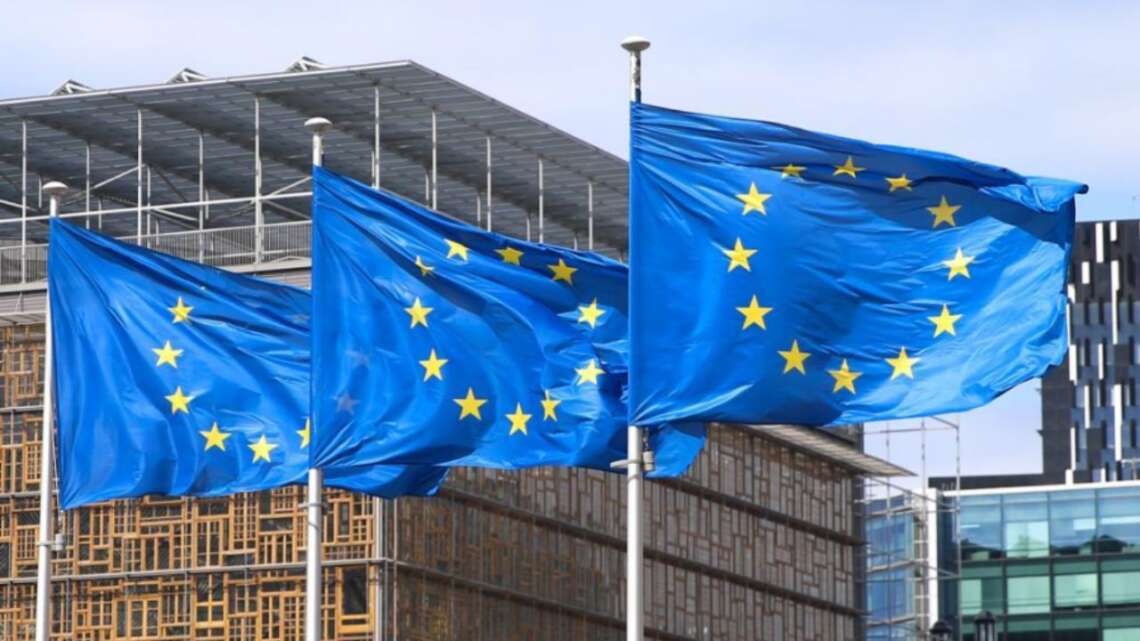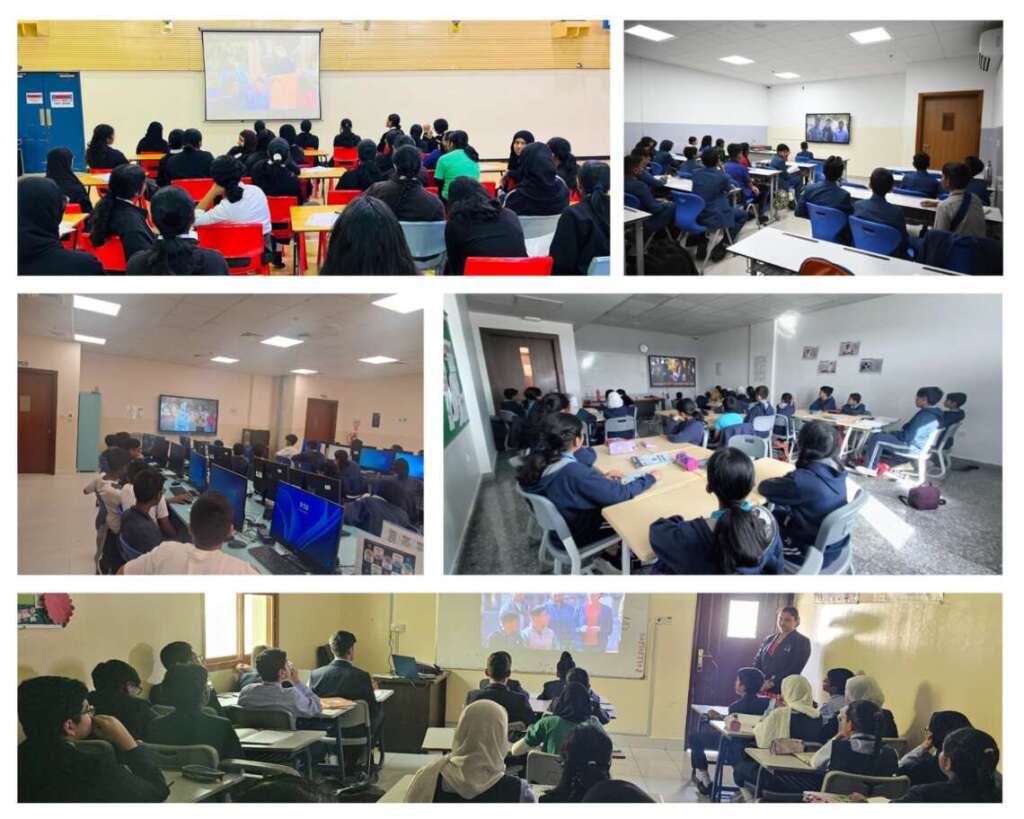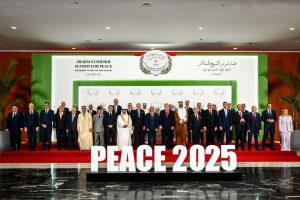ICMPD, a lesser-known migration organisation primarily funded by the European Commission, has been identified as a key player in misallocating EU taxpayer money.
An external audit has exposed inefficient spending and limited results in Lebanon’s EU-funded border management project, raising concerns about oversight and accountability.
The International Center for Migration Policy Development (ICMPD), a lesser-known migration organisation primarily funded by the European Commission, has been identified as a key player in misallocating EU taxpayer money.
The audit, conducted by NIRAS consulting in 2022 and obtained by investigative news outlet Follow the Money through a freedom of information request, assessed the effectiveness of Lebanon’s Integrated Border Management (IBM) program. The findings indicate that certain project activities failed to yield meaningful results, signalling inefficient use of funds.
Despite the audit’s critical observations, the European Commission heavily redacted key information on the project’s impact and efficiency. A Commission spokesperson defended the redactions under Article 4, citing exceptions related to defence, international relations, and privacy concerns.

ICMPD press officer Bernhard Schragl described the audit as a “mid-term report” completed in June 2022, noting that the project faced significant challenges, including COVID-19 restrictions, the Beirut port explosion, and ongoing political instability in Lebanon. He also emphasised that project objectives were set by the EU, stating, “If you want to talk about objectives, you actually should turn to the donors.”
Last year, experts consulted by Follow the Money criticised the IBM program’s Action Fiche, arguing that it presented an overly optimistic outlook while failing to account for Lebanon’s long-standing conflicts, making its goals unrealistic. In a 2024 exchange with Follow the Money, the European Commission deflected responsibility onto Lebanese authorities, perpetuating a cycle of unclear accountability for using EU taxpayer funds.
The ICMPD has been scrutinised for its evolving role within EU migration policy. Under Austrian director Michael Spindelegger, the organisation has tripled its EU funding, expanding from a consultancy body into an operational contractor involved in security training and defence equipment procurement. Critics now describe it as “effectively an executive arm” of Brussels.
As Spindelegger’s term concludes in 2025, the future direction of the ICMPD remains uncertain, leaving questions about the continued management of EU migration funds and border security initiatives.
ALSO READ: Khamenei meets top Hamas leaders in Tehran








